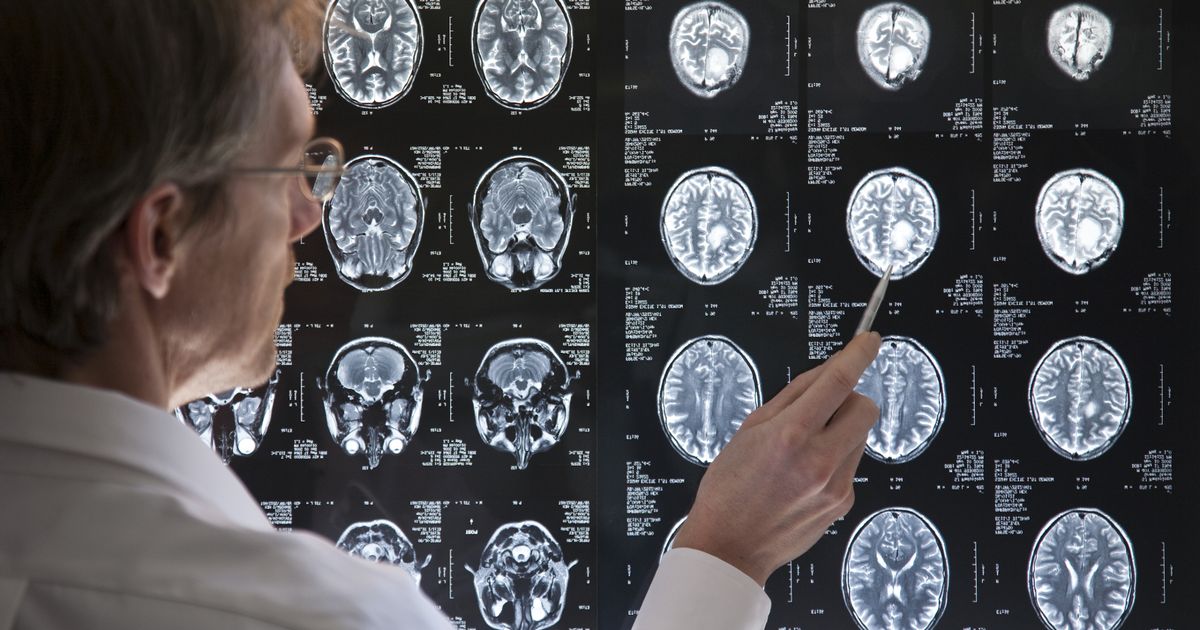Major Symptoms Of Huntington's Disease
Huntington's disease is an inherited degenerative brain condition caused by a faulty gene. In this disease, parts of the brain are damaged gradually. Huntington's disease causes dramatic life changes in afflicted individuals.
Unfortunately, there is currently no Huntington's disease cure. The symptoms will also get worse over time. It is inevitable. However, there are treatments for Huntington's disease that can improve a patient's quality of life. Many patients will rely on specific Huntington's disease medications to improve their symptoms. Individuals dealing with Huntington’s disease may also need a cane to help them walk, similar to canes for a knee replacement.
Chorea

Chorea refers to abnormal and involuntary movements. These movements are one of the defining characteristics of Huntington's disease. They are often brief, abrupt, irregular, and unpredictable, which can further cause mental distress and anxiety in patients. Typically, patients with milder cases of Huntington's disease may appear fidgety or clumsy. However, more severe and progressive cases may exhibit extreme, wild, and even violent chorea. This symptom can affect many body parts, not just appendages. It can also interfere with speech, posture, gait, and even swallowing. Chorea typically subsides during sleep, but it can worsen throughout the day, becoming particularly active during periods of stress and anxiety. Sometimes, these movements can even involve the flinging of the body, which can induce severe injuries in patients.
Continue reading for more symptoms of Huntington's disease.
Lack Of Impulse Control

Huntington's disease is characterized by a lack of control of one's own body. In addition to physical movements, this also includes managing one's behavior. Lack of impulse control is one such factor that can present to others as irrational behavior. The frontal lobe is the part of the brain that controls impulses and directs decision-making and rationale. However, this area is often eroded and permanently damaged in patients with Huntington's disease. Because this area is damaged, the patient may not physically be capable of managing irrational thoughts and impulses. The brain takes its own direction of thought, and the body responds accordingly.
This particular symptom may be incredibly frustrating and challenging to manage for family members and carers. However, remembering these impulses and compulsions are very real for the patient is absolutely critical. There is no treatment for this symptom, so exercising patience and care is necessary to prevent anxiety and depression from worsening.
Keep going to reveal more significant signs of Huntington's disease now.
